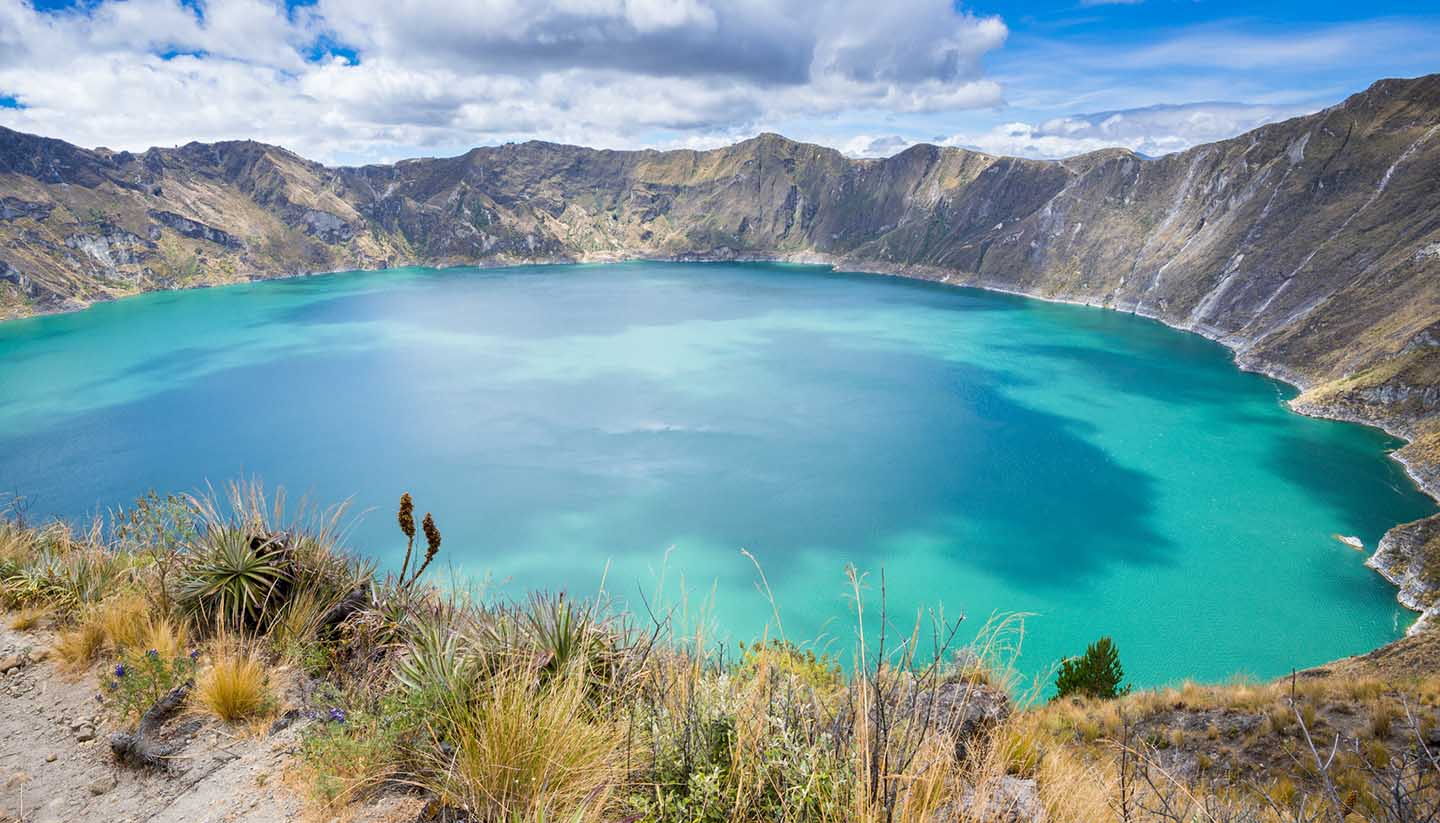Ecuador Health Care and Vaccinations
| Title | Special precautions |
|---|---|
| Yellow Fever | Sometimes** |
| Typhoid | Yes |
| Tetanus | Yes |
| Rabies | Sometimes |
| Malaria | Sometimes* |
| Hepatitis A | Yes |
| Diphtheria | Yes |
* Malaria risk exists throughout the year below 1,500m (4,920ft), with moderate to high transmission risk in El Oro, Esmeraldas, Guayas, Los Rios, Manabi, Morona Santiago, Napo, Orellana, Pastaza, Pichincha and Sucumbios. There is no risk in Guayaquil or Quito.
** A yellow fever vaccination certificate is required from travellers over one year of age coming from infected areas. Vaccination against yellow fever is recommended if travelling to the east of the Andes. There is no risk in Quito, Guayaquil or the Galapagos Islands.
Health Care
There are plenty of pharmacies in urban areas. Good medical care is available in Quito, Guayaquil, and most of the big cities. Medical facilities outside the major towns are limited. Acute surgical and cardiac services are not available on the Galápagos Islands; therefore, for more serious illnesses, patients may be evacuated to the USA. Health insurance (to include emergency repatriation) is strongly recommended.
Food and Drink
It is advisable to drink only bottled or sterilised water in Ecuador. Avoid unpasteurised dairy products. Only eat well-cooked meat and fish. Vegetables should be cooked and fruit peeled.
Other Risks
Ecuador is considered to have a high risk of Zika (ZIKV) virus transmission. The mosquito-borne illness can be spread from a pregnant woman to her unborn baby as well as through sexual contact. The World Health Organisation recommends travellers to Ecuador protect themselves from mosquito bites and suggests wearing clothes (preferably light-coloured) that cover as much of the body as possible, sleeping under mosquito nets and using insect repellent. Women who are pregnant, at risk of getting pregnant, or planning pregnancy should seek further advice from their doctor before travelling to Ecuador.
Vaccinations for tuberculosis and hepatitis B are sometimes recommended. Hepatitis B inoculation is recommended for those staying longer than 6 months and having intimate contact with local residents. Altitude sickness is a risk, particularly if flying directly into Quito (2,850m/9,350ft). Give yourself time to acclimatise before setting off into the mountains. Walk slowly and drink plenty of water.


